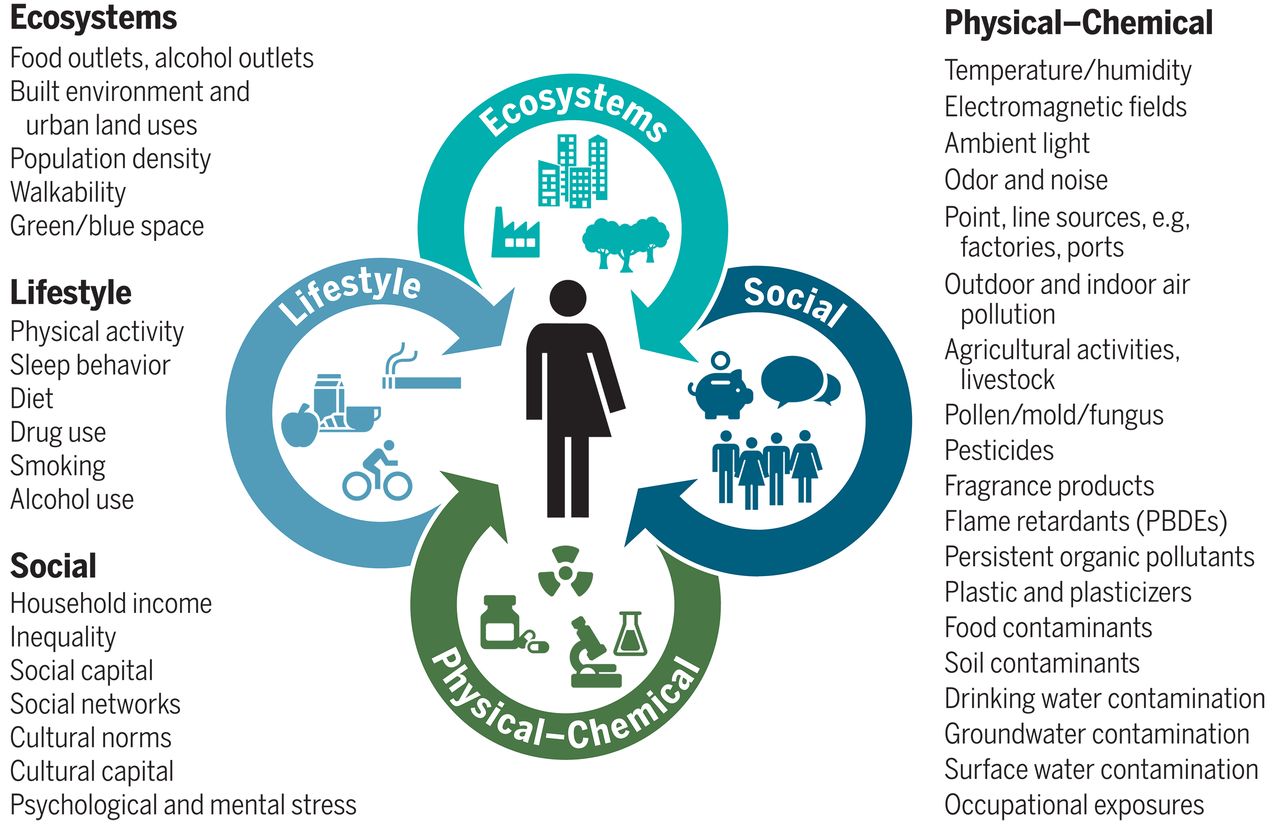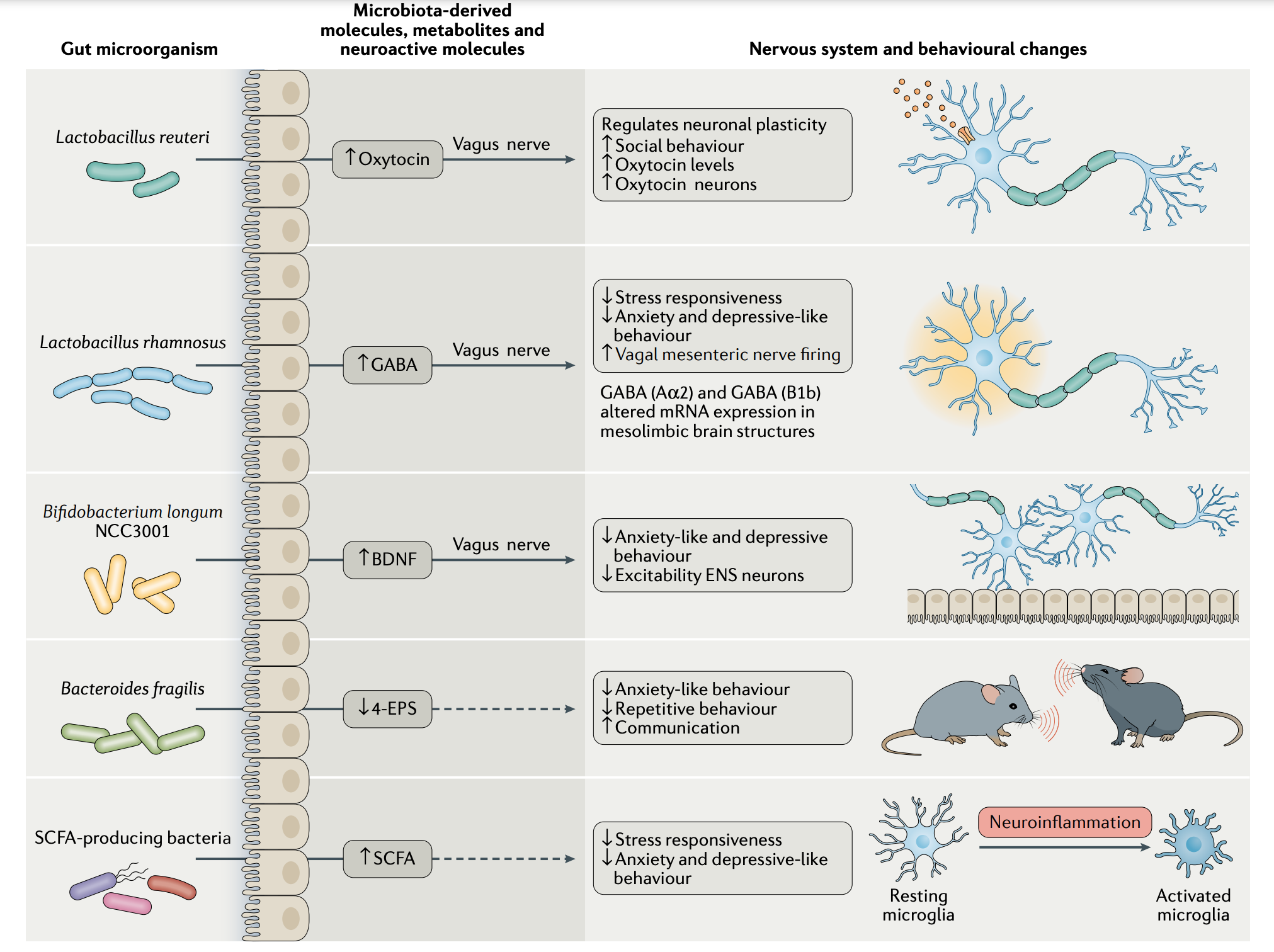Supplement
Molecular Atlas for AD
Connecting Exposome, Gut Microbiome, and Metabolome
Building research infrastructure that can lead to the creation of a first molecular atlas for AD capturing influences of the exposome with metabolome as readout
Aims
Evaluate metabolomics platforms enriched for capturing chemical exposome, compare and contrast platforms and enable comprehensive chemical coverage of exposome.
Define molecular signatures that inform about food intake and its chemical composition, drugs and supplement exposures.
Enhance existing infrastructure to enable secure and rapid sharing of exposome data within the U19
Through US and European partnerships, prepare for future work to define molecular signatures influenced by geolocation and socioeconomic status. Set stage for creation of a comprehensive Molecular Atlas for Exposome Influences in AD
Molecular Atlas for AD
Expand coverage of the exposome towards creating an AD Molecular Atlas connecting the exposome, gut microbiome, and metabolome and to build infrastructure to make all data publicly accessible
Exposome concept
There is growing interest in the role of environmental factors (i.e., exposome) in the pathogenesis of diseases. The exposome includes three categories: internal (e.g., metabolism, gut microbiome, inflammation), specific external (e.g., environmental pollutants, diet, drugs, occupational), and general external (e.g., socioeconomic status, education, climate). The exposome comprehensively covers environmental impacts and associated biological responses. The ability to measure the internal environmental chemical space is a valuable tool to evaluate the health risks of exposures. There is growing interest in the role of environmental factors (i.e., exposome) in the pathogenesis of diseases. The exposome includes three categories: internal (e.g., metabolism, gut microbiome, inflammation), specific external (e.g., environmental pollutants, diet, drugs, occupational), and general external (e.g., socioeconomic status, education, climate). The exposome comprehensively covers environmental impacts and associated biological responses. The ability to measure the internal environmental chemical space is a valuable tool to evaluate the health risks of exposures.

Microbiota & microbial- derived molecules modulate behavior & nervous system function
Microorganisms can induce host production of metabolites and neurotransmitters that mediate gut–brain signalling and can produce some of these neuroactive compounds themselves. Microbial-derived molecules signal to the brain via neuronal pathways of the vagus nerve or modulate the immune system.

